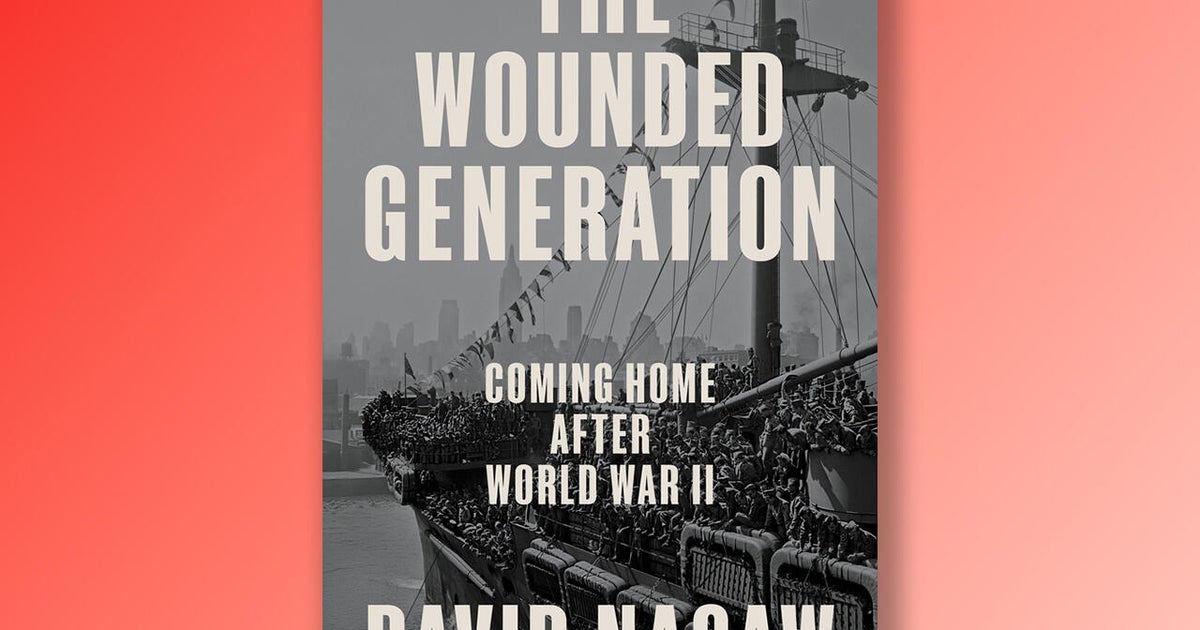
"In its duration, geographical reach, and ferocity, World War II was unprecedented, and the effects on those who fought it and their loved ones at home, immeasurable. The veterans who returned home were not the ones who had left for war. "They are very different now," wrote the GI cartoonist Bill Mauldin in Up Front, published in June 1945. "Don't let anybody tell you they aren't. ... Some say the American soldier is the same clean-cut young man who left his home."
"Most returning veterans found it difficult, if not impossible, to get a full night's sleep. Many were troubled by recurring nightmares and flashbacks. They were irritable, angry, plagued by uncontrollable rages, feelings of social isolation, and fears of places and events that evoked memories of the war, their proximity to death, and the dead left behind. Large numbers sought relief by drinking to excess, as they had during the war and while awaiting repatriation."
World War II's unprecedented duration, geographical reach, and ferocity produced immeasurable effects on combatants and their families at home. Returning veterans had been fundamentally altered by combat and reintegration challenges. Many experienced chronic sleep loss, recurring nightmares, and flashbacks; they displayed irritability, uncontrollable rages, social isolation, and persistent fears triggered by places and events associated with combat and proximity to death. Large numbers sought relief through excessive drinking, a pattern begun during wartime and while awaiting repatriation. Medical and mental-health responses commonly labeled symptoms as battle fatigue and expected time to cure them, leaving many psychological injuries undiagnosed and untreated.
Read at Cbsnews
Unable to calculate read time
Collection
[
|
...
]